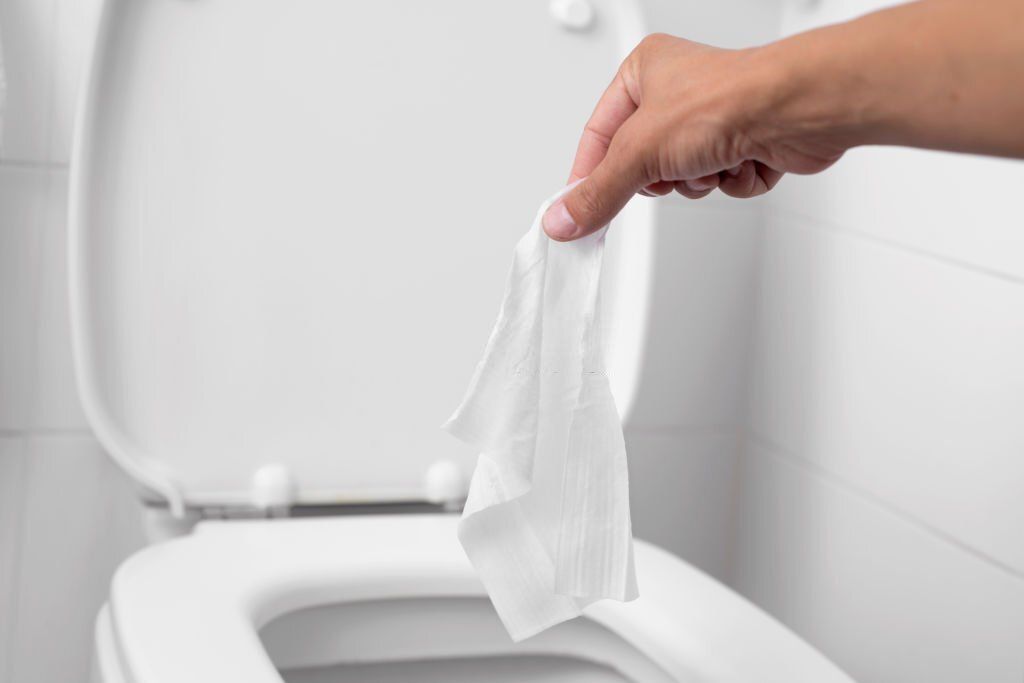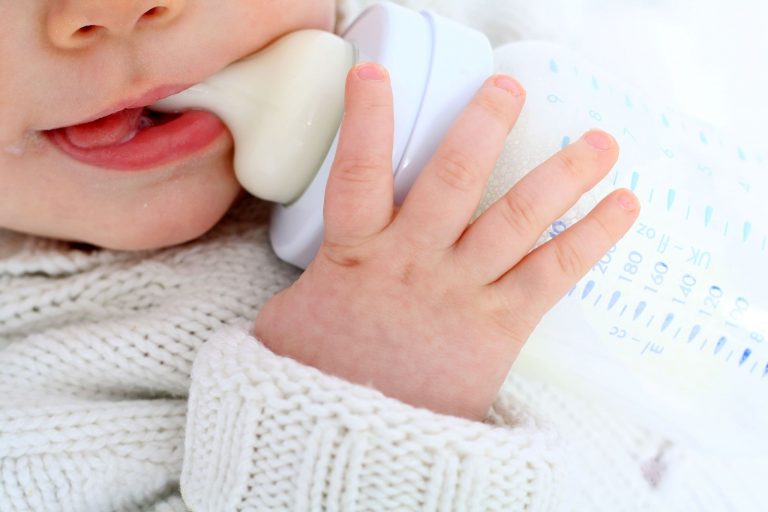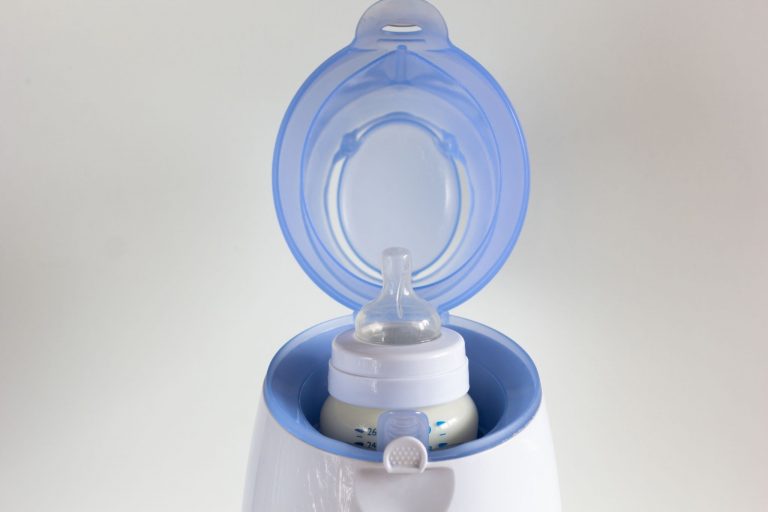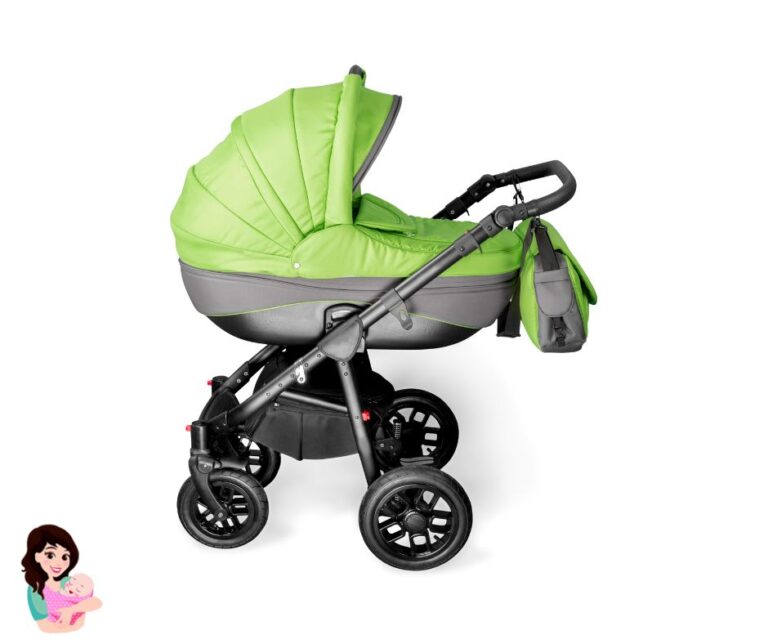
How to dissolve baby wipes in septic tank? – This is a question that many families have.
Wet wipes are a handy device that makes removing stains a breeze. Especially for families with small children, wet wipes become an indispensable item.
Baby wipes are the most effective way to clean your baby’s dirty face, body, and bottom. This useful tool has saved a lot of time and work for many parents. However, the problem emerges when we need to throw away it after use.
When baby wipes are flushed, they can clog your toilet, septic tank, or local sewer system. Even with the use of chemical drain cleaners, most wipes will not break down, even if they claim to be flushable.
Continue reading to learn how to cope with them effectively.
How to dissolve baby wipes in septic tank?
In most homes, a septic tank is utilized to settle solids and organics, and anaerobic techniques are used to reduce sediments and organics. It’s an underground room composed primarily of clay, concrete, and plastic. Domestic sewage runs frequently through these septic tanks.
However, it can become blocked with large amounts of waste, clothing, and other items. Baby wipes are one of the items that might clog the toilet and cause septic tank damage.
Most wipes are constructed of nonwoven fabric, which means that instead of being woven like traditional cloth, it is bonded together with a chemical or heat.
This allows wipes to be as robust as a cloth while being soft and disposable, but it also causes clogs in your toilet and pipes because they don’t break up like toilet paper and don’t allow water to move through readily.
If you have a clog in your sink or bathtub, the chemical uncloggers you may employ won’t work.
The other ingredients make the baby wipes more durable. Preservatives aid in the preservation of the wipes’ quality. However, this makes them unsuitable for flushing. Using flushing wipes in your home’s septic tank system can cause plumbing issues.
It can easily clog your entire building’s or community’s sewer systems. Sewer blockages can also have a large impact. As a result, dissolving the baby wipe in your septic tank is impossible without the use of chemical chemicals.
The ways to remove the baby wipes
1. Avoid handling with bleach
Although bleach is sometimes recommended for removing toilet clogs, it is ineffective in removing baby wipes.
Bleach breaks up the clog by mixing with the acidic components to generate water and salt. This doesn’t work on wipes because the nonwoven element of the cloth prevents the bleach from getting in and starting to break it down.
Is it possible for sulfuric acid to dissolve baby wipes?
Baby wipes can be dissolved with sulfuric acid cleaners, but they must be used with considerable caution.
When working with sulfuric acid, wear protective gloves and goggles and operate in a well-ventilated environment because it can react violently when poured into water and produce deadly vapors as it works its way through the pipes. It’s also crucial not to mix sulfuric acid cleaners with bleach-based cleaners because the interaction produces a potentially fatal gas.
Although some sulfuric acid drain cleaners claim to be safe for plastic pipes when used correctly, they can harm stainless steel or galvanized pipes, and the majority of variants are not suitable for use with septic systems.
Because of these dangers, experts advise against attempting to unclog your pipes using sulfuric acid.
Is sulfuric acid safe to use in septic tanks?
Be cautious before flushing the strongest sulfuric-acid-based product down the toilet.
Sulfuric acid is not recommended for use in septic systems since it will destroy the good bacteria in your septic tank and may cause harm to the system’s internal components. Always try to clear toilet obstructions with a plunger or a snake before using chemicals.
If you already have baby wipes in your septic tank, the only way to get them out is to call your plumber and have it pumped, which you should do every couple of years anyway.
2. Let’s use your hand
Reach in and grab the wipes that are creating the clog if you can see them. If you need to, put on gloves, but flushing them again and forcing them down the pipes will just make things worse.
Get your plunger ready. A plunger, unlike other solutions, will not eliminate the clog from your pipes; rather, it may loosen it sufficiently to allow it to pass through.
If you have the space, keep a toilet snake, also known as an augur, on hand for emergencies. It can often spare you from having to hire a plumber to unclog your toilet.
To hook and remove the wipes from your pipes, follow the manufacturer’s instructions. These items are quite useful to have around the house even after your toilet is unclogged this time.
3. Using natural methods to unclog a clogged toilet
If you don’t want to use bleach or sulfuric acid but don’t want to hire a plumber, consider using household cleaners to loosen the clog. But be careful: even seemingly harmless cleaners might become hazardous if mixed incorrectly.
Vinegar and baking soda
The same chemical reaction that caused your elementary school volcano to erupt could help you clear your toilet blockage!
One cup of baking soda, followed by two cups of hot water and two cups of white vinegar, should be poured into your toilet.
The water should be warm to the touch but not boiling, or the porcelain would crack. Allow half an hour to pass before flushing.
Water and soap
It may seem foolish, but a quick wash could be all your pipes require.
Fill your toilet with half a cup of dish soap (preferably one with a degreasing agent), dish detergent, or even liquid handsoap, then flush with several cups of very hot water.
Final thoughts
We’ve shown you how to properly dispose of baby wipes in a septic tank. All of these methods are beneficial. If it still doesn’t work, seek assistance from a technician.

Hi, This is Emma Baster; As a mom, I spend my free time caring for my kids. I’ve read a lot on the Internet to improve my childcare skill and bring the best to my kids. Eruditemommy shares my knowledge and experience through helpful posts. I hope you enjoy them!






